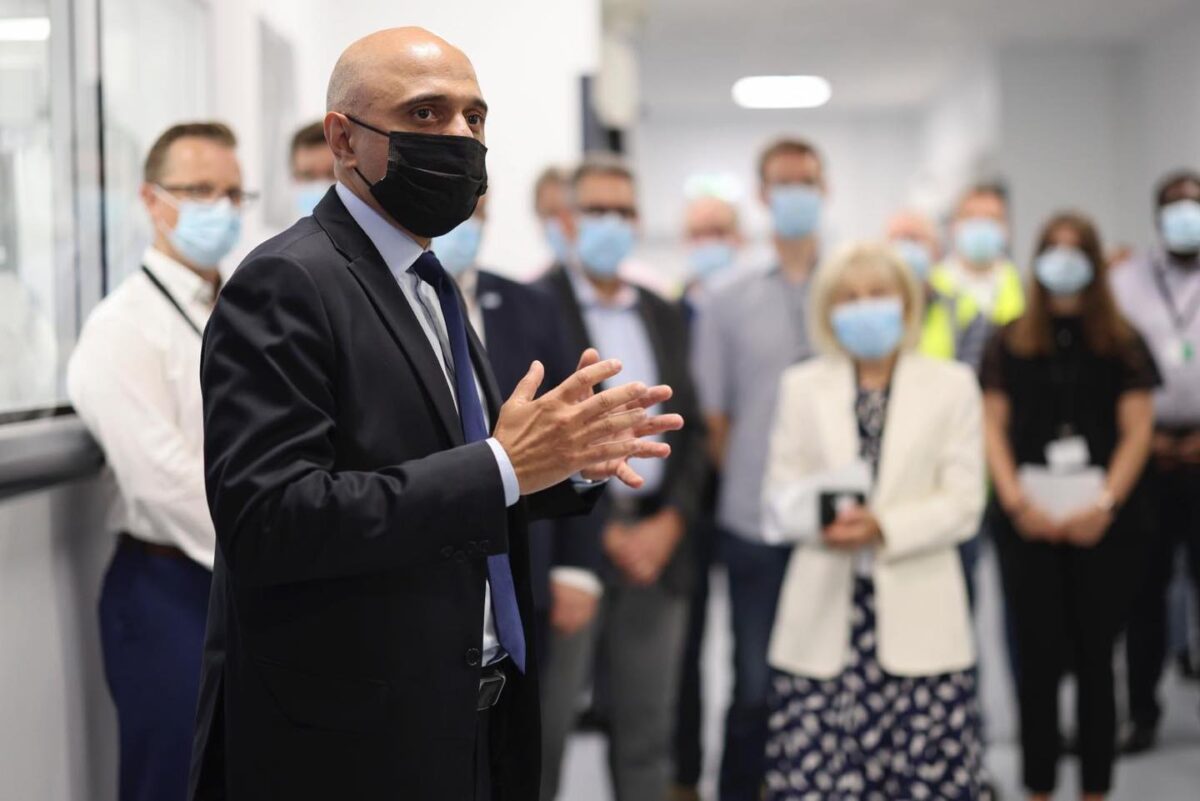KUALA LUMPUR, Dec 10 – Omicron cases are rising fast in the United Kingdom, and health authorities are estimating the number of infections to hit over a million by year-end.
UK health secretary Sajid Javid told British lawmakers on Wednesday evening that the country has recorded 568 confirmed cases of the variant, but that the actual number of infections is likely “around 20 times higher” at “closer to 10,000,” he said, according to The Guardian.
“At the current observed doubling rate of between two and a half and three days, by the end of this month, infections could exceed a million,” said Javid.
Javid said there was now “confidence” that Omicron is “far more transmissible” than Delta, though much about the new variant remains unknown. He said Delta cases had doubled in around seven days and that Omicron was spreading at “between 2.5 and three days.”
The UK’s Scientific Advisory Group for Emergencies (SAGE) on Monday warned the UK government to prepare for a “potentially very significant” wave of Covid-19 infections and hospitalisations caused by the new Omicron variant.
The SAGE committee expects a greater reduction in protection from existing Covid-19 vaccines or previous coronavirus infection against Omicron infection than against severe disease from the variant of concern, though the extent is still unknown.
SAGE experts added that border control measures could effectively reduce the number of introductions of Omicron cases and delay a subsequent wave of infections.
The UK’s Scientific Pandemic Influenza Group on Modelling (SPI-M), a sub-group of SAGE, in a consensus statement on Tuesday predicted that while initial estimates of transmission advantage and immune escape from South Africa are applicable to the UK population, there is potential for “a very substantial peak of infections much larger than occurred during the winter wave of January 2021.”
SPI-M scientists said assuming that Omicron has increased transmissibility and some degree of immune escape, it is highly likely that “very stringent measures” would be required to control growth and keep R-naught below one.
“Delaying any wave of infections in such a scenario would allow more time for vaccines and therapeutics to be modified to combat Omicron.”








